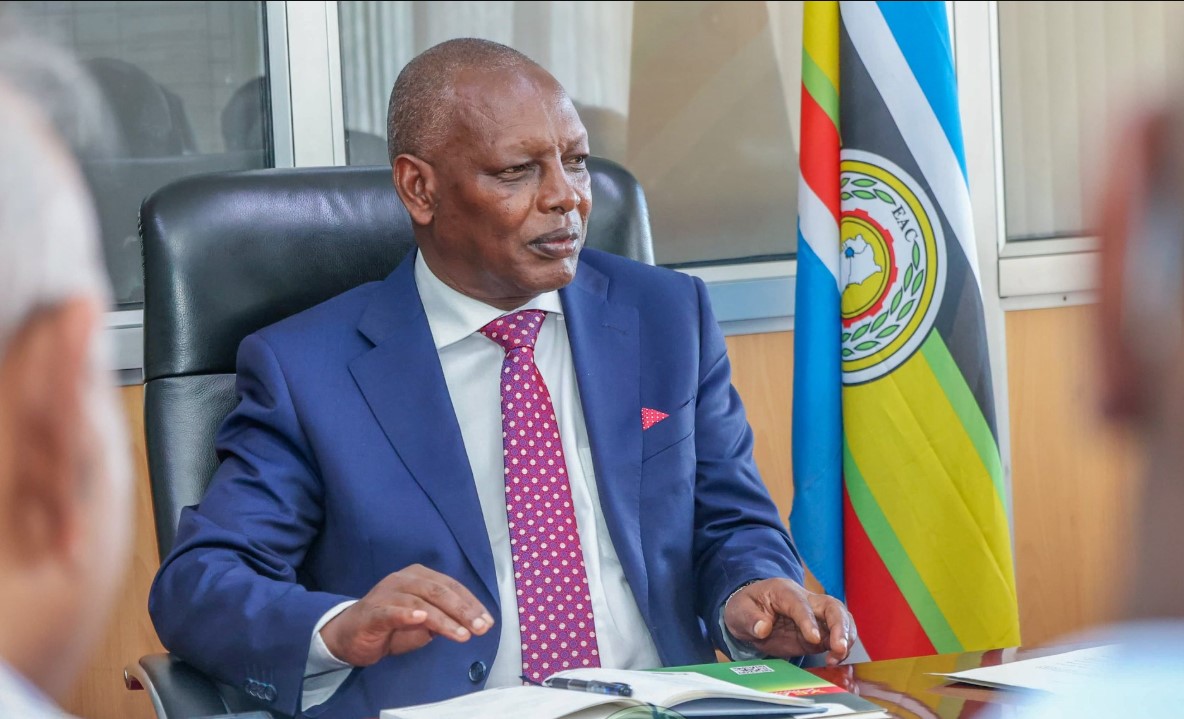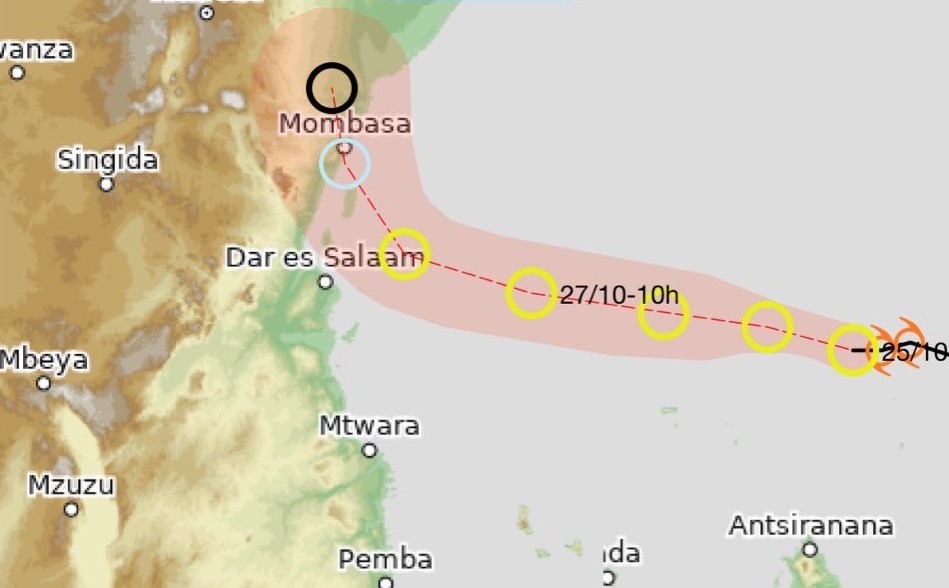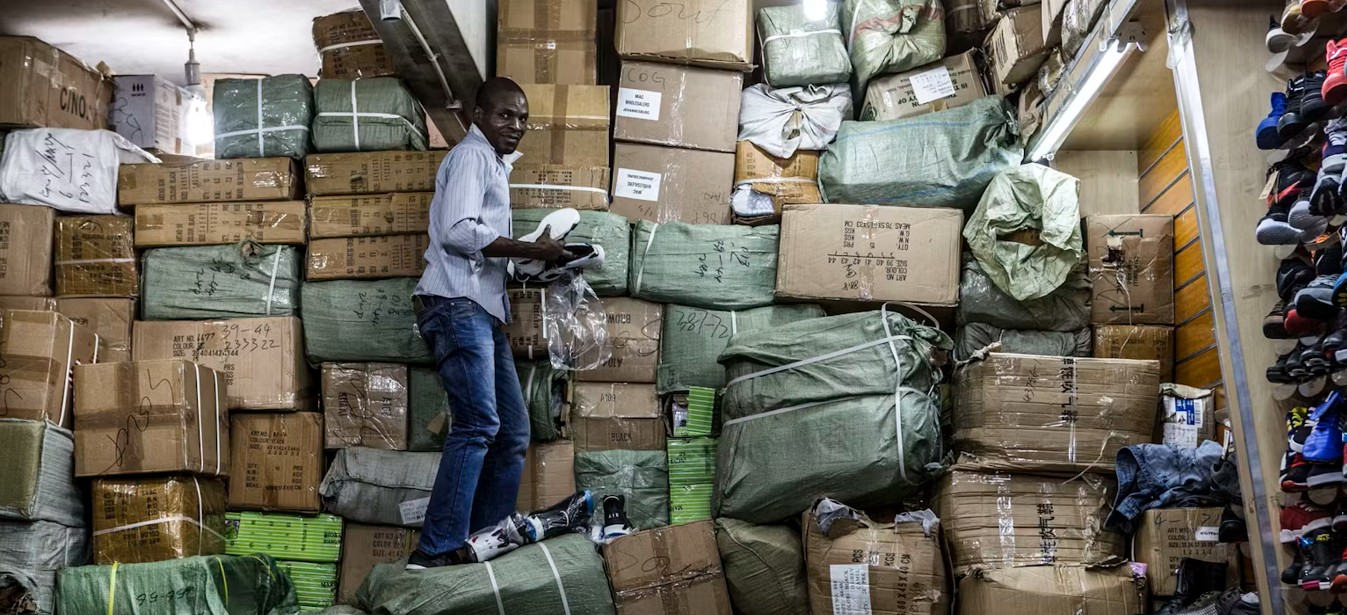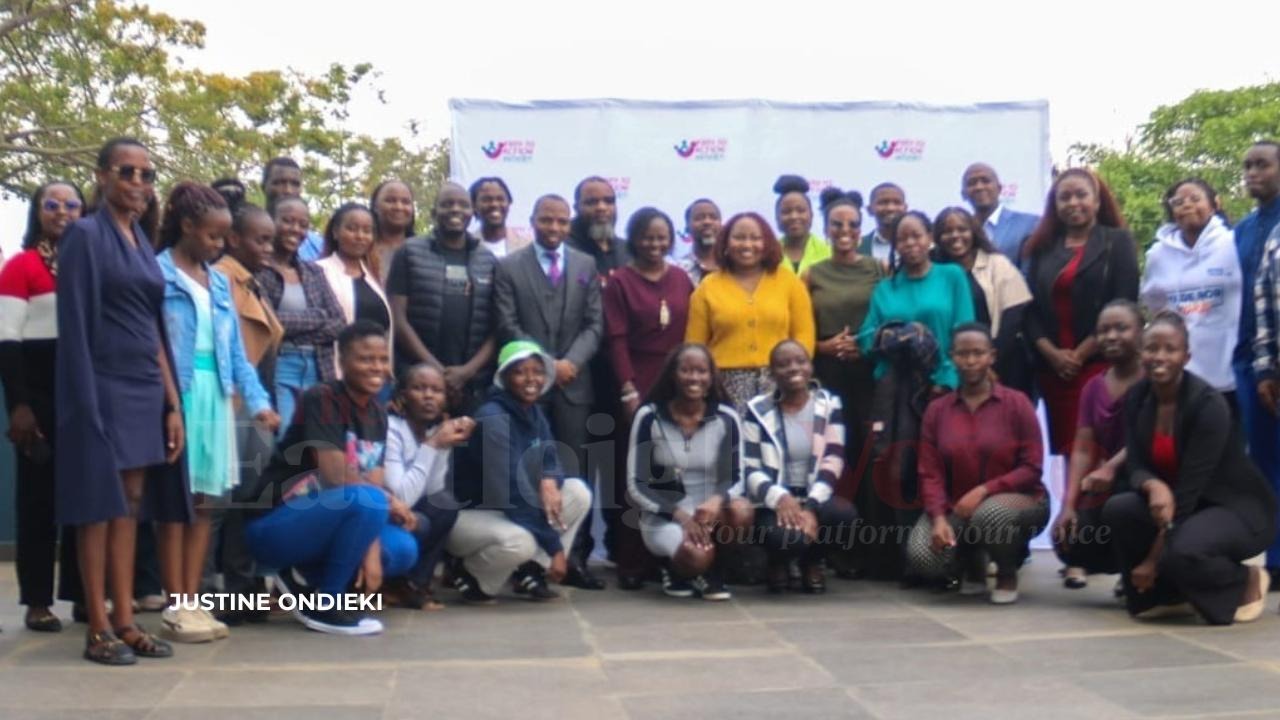New task force to probe why 100 million kilos of tea remain unsold

Chaired by Nicholas Munyi Kagua, the task force consists of 14 members and a secretariat of six people.
The government has formed a 21-member task force to investigate the growing issue of unsold tea, which has reached an alarming 100 million kilogrammes.
The task force, announced by Agriculture Cabinet Secretary Andrew Karanja, will examine the underlying causes and economic impact of the surplus.
More To Read
- CS Kagwe says Kenya imports five billion eggs annually, urges farmers to boost local production
- Why farmers are not taking up loans for scaling up- experts
- Tanzania’s green gold rush: How avocado waste is hurting farmers and what should be done
- AI in Africa: Five issues that must be tackled for digital equality
- MPs seek fresh zoning rules to protect shrinking farmland
- How farmers are integrating modern, traditional farming models to beat food insecurity
"It is notified for the general information of the public that the Cabinet Secretary for Agriculture and Livestock Development has appointed a task force to investigate the underlying causes and impacts of accumulation of unsold tea and propose short, medium, and long-term solutions," reads the gazette notice.
Chaired by Nicholas Munyi Kagua, the task force consists of 14 members and a secretariat of six people.
It is tasked with finding solutions to revive the tea sector, which saw its export earnings rise to Sh203.7 billion in the year ending June 2024.
However, the formation of this new task force raises concerns over the government's failure to implement previous recommendations from a 2016 task force report.
Also, an earlier National Tea Industry Task Force, formed in 2014, outlined 13 recommendations across six key areas, but many of these were not fully implemented, leading to persistent issues in the sector.
Among the key suggestions from that report were improving tea grades, adding value, and increasing marketing efforts abroad.
The constitution of the task force comes at the back of Deputy President Kithure Kindiki's pledge to bring reforms in the administrative and policy areas of the tea sector.
The DP made the statement at the Kenya Tea Summit in Mombasa last week, where he assured that over 800,000 tea farmers would get value for their sweat.
"Six hundred million kilogrammes of tea are produced in our country every year, and this production will be further enhanced through strategic policy and administrative interventions, including the provision of subsidised fertiliser, to ensure that all stakeholders, and particularly the farmers, receive value from their hard work," Kindiki noted.
Top Stories Today












































